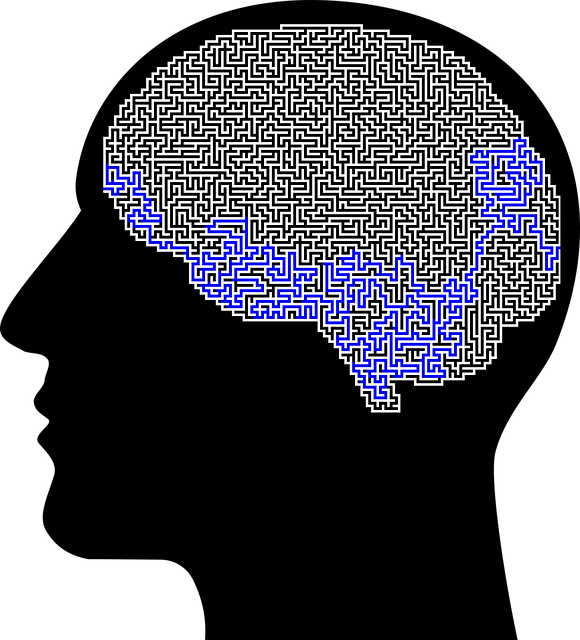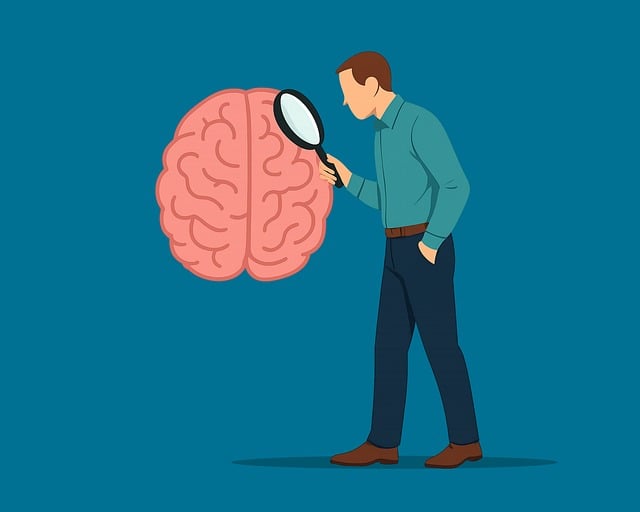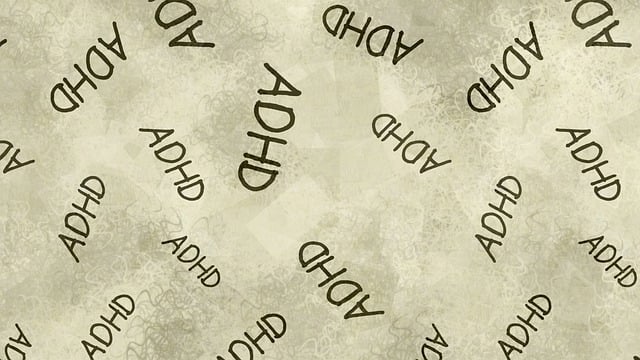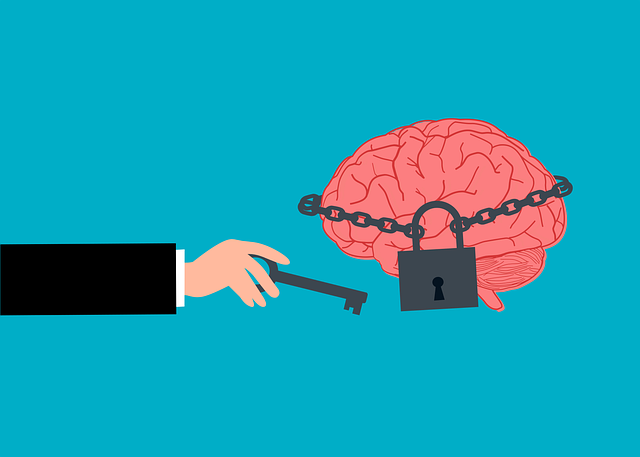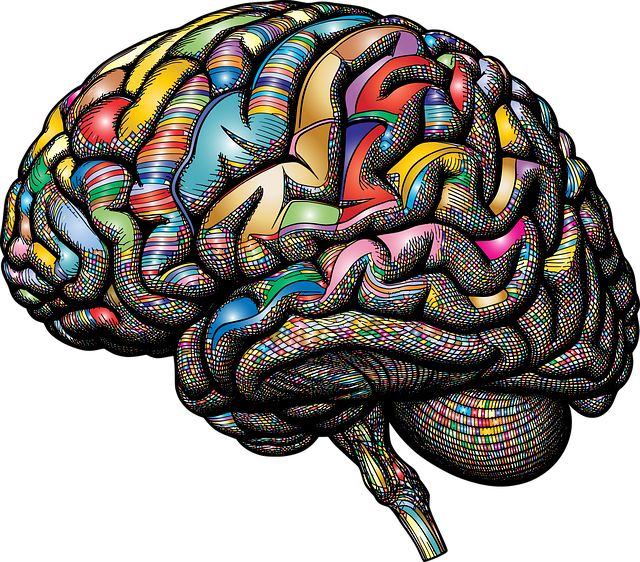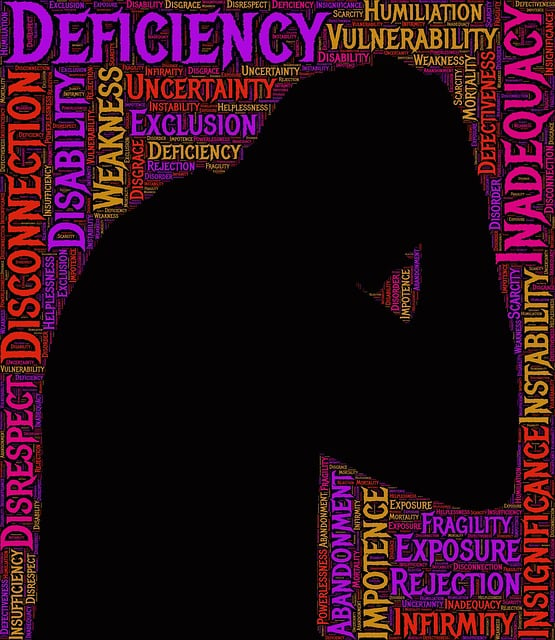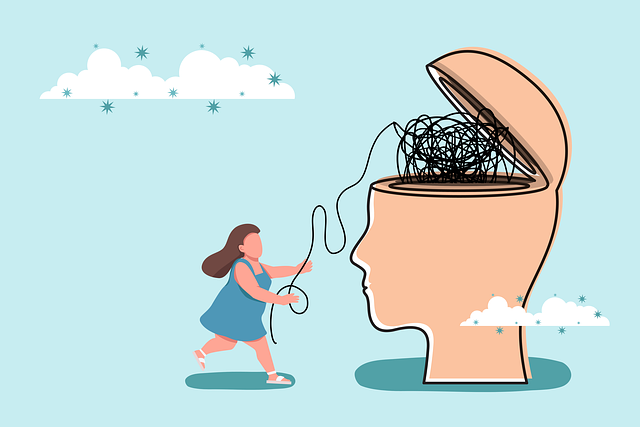In the culturally diverse Northglenn community, mental healthcare providers must prioritize cultural sensitivity to effectively support clients. By recognizing and respecting individual backgrounds, beliefs, and communication styles, practitioners create an inclusive environment that builds trust and understanding. This approach, crucial for successful therapy outcomes, involves adapting practices to validate clients' experiences, addressing cultural barriers, and fostering open discussions about mental health struggles. Northglenn EMDR Therapy combines Eye Movement Desensitization and Reprocessing (EMDR) with mindfulness meditation and journaling exercises, tailored to diverse backgrounds, to enhance engagement and adherence to treatment plans. Integrating cultural competency into professional training is vital for reducing harm caused by unconscious biases and improving well-being outcomes for all populations.
In today’s diverse society, cultural sensitivity in mental healthcare is paramount. The field must adapt to meet the unique needs of individuals from various backgrounds, ensuring effective treatment and improved outcomes. This article explores key aspects of this evolution, including the impact of cultural diversity on therapy, a deep dive into Northglenn EMDR Therapy as a culturally responsive approach, common challenges, and strategic solutions for building more inclusive mental health services. By embracing these insights, we advance equitable care for all.
- Understanding Cultural Diversity in Mental Healthcare
- The Impact of Cultural Sensitivity on Therapy Outcomes
- Northglenn EMDR Therapy: A Culturally Responsive Approach
- Challenges and Misconceptions in Cross-Cultural Practice
- Strategies for Building a Culturally Sensitive Mental Health Service
Understanding Cultural Diversity in Mental Healthcare

In the diverse Northglenn community, cultural sensitivity is a cornerstone of effective mental healthcare. Understanding cultural diversity means recognizing and appreciating the unique backgrounds, beliefs, and values that shape individuals’ experiences of mental health and well-being. Each person brings their own lens, influenced by factors like race, ethnicity, religion, socio-economic status, and sexual orientation, which can significantly impact how they express and cope with emotional distress. Mental healthcare practitioners must be equipped to navigate these differences, fostering an environment where all clients feel understood and respected.
Integrating empathy building strategies is vital for establishing strong therapeutic relationships. By actively listening, validating experiences, and demonstrating cultural competence, therapists create a safe space for clients to openly discuss their mental health struggles. This approach not only facilitates better communication but also aids in preventing issues like depression and anxiety, which often stem from feelings of isolation or miscomprehension. Moreover, risk management planning becomes more effective when professionals are sensitive to the potential cultural barriers that might impact a client’s willingness to seek help or adhere to treatment plans.
The Impact of Cultural Sensitivity on Therapy Outcomes

Cultural sensitivity plays a pivotal role in shaping the outcomes of therapy sessions, especially in diverse communities like Northglenn. When mental healthcare providers embrace cultural competence, they create an environment that fosters trust and understanding with clients from various ethnic and social backgrounds. This is particularly crucial given the unique challenges and experiences that different cultures bring to therapy.
Incorporating cultural sensitivity means recognizing and respecting individual beliefs, values, and communication styles. For instance, some cultures may prefer indirect communication or have specific views on mental health and illness. A culturally sensitive approach allows therapists to adapt their practices, ensuring that clients feel heard and validated. This adaptability can significantly improve engagement, adherence to treatment plans, and ultimately, enhance therapeutic outcomes. By addressing cultural barriers, healthcare providers in Northglenn EMDR Therapy sessions can help clients achieve a deeper sense of mental wellness, often leading to more positive and lasting results. Additionally, this approach contributes to preventing burnout among healthcare professionals by fostering fulfilling and meaningful interactions with their diverse clientele.
Northglenn EMDR Therapy: A Culturally Responsive Approach

In the heart of Northglenn, a city known for its diverse communities, a unique approach to mental healthcare has emerged: Northglenn EMDR Therapy. This therapeutic method goes beyond traditional treatments by incorporating cultural sensitivity, ensuring that every patient receives care tailored to their specific background and needs. The focus is on fostering an environment where individuals from various ethnic, racial, and cultural origins feel seen, heard, and understood.
This culturally responsive approach leverages techniques like mindfulness meditation and mental wellness journaling exercises to help clients explore and process their experiences. By integrating these practices alongside Eye Movement Desensitization and Reprocessing (EMDR), Northglenn EMDR Therapy offers a holistic solution that addresses both the mind and spirit. Moreover, it provides guidance on conflict resolution techniques, empowering individuals to navigate interpersonal challenges with enhanced cultural awareness and resilience.
Challenges and Misconceptions in Cross-Cultural Practice

Navigating cross-cultural practices in mental healthcare can pose unique challenges that often go beyond language barriers. The diverse tapestry of cultural beliefs, values, and traditions can significantly influence how individuals express and perceive mental illness. For instance, what may be considered a sign of anxiety in one culture could be interpreted as spiritual turmoil in another. This divergence in understanding necessitates Northglenn EMDR Therapy practitioners to approach each client with open minds and a willingness to adapt their practices accordingly.
Misconceptions often arise when cultural differences are not adequately addressed. Stereotypes and generalizations can lead to inappropriate treatment approaches, inadvertently exacerbating existing issues. For example, the concept of emotional regulation, a cornerstone of many therapies, might be perceived differently across cultures. Building empathy becomes an essential strategy to bridge these gaps. Through active listening, Mental Illness Stigma Reduction Efforts, and tailored Empathy Building Strategies, therapists can foster stronger connections with clients from diverse backgrounds, ultimately enhancing the effectiveness of Northglenn EMDR Therapy sessions.
Strategies for Building a Culturally Sensitive Mental Health Service

Building a culturally sensitive mental health service involves several strategies that can significantly enhance patient care and outcomes. One key approach is to integrate cultural competency into the training and development of healthcare professionals, ensuring they understand and appreciate diverse cultural perspectives. This includes providing education on unconscious biases, cultural norms, and practices specific to different communities. Northglenn EMDR Therapy, for instance, benefits from recognizing and addressing cultural differences in trauma processing and healing methods.
Additionally, designing mental health education programs with a focus on cultural sensitivity can empower individuals to recognize and manage their emotional regulation in context. Encouraging open dialogue about mental health, coupled with tailored interventions, fosters an environment where patients feel understood and supported. Increased Mental Health Awareness through such initiatives ensures that services are accessible and adaptable to the unique needs of diverse populations, ultimately leading to better treatment adherence and improved well-being outcomes.
In conclusion, cultural sensitivity is paramount in mental healthcare practice. By understanding cultural diversity, recognizing its impact on therapy outcomes, and adopting approaches like Northglenn EMDR Therapy, we can significantly enhance patient care. Addressing challenges and misconceptions in cross-cultural practice, along with implementing effective strategies, ensures that mental health services are inclusive and responsive to diverse needs. This holistic approach not only improves therapeutic results but also fosters a more equitable and accessible healthcare system.
